“Welcome to Wayanad. From here, all plastic is banned.”
Prasanth was on a mission, belly pressed to the carpet of his car, legs sticking out on the roadside. He emerged triumphant, brandishing a forgotten Coca-Cola bottle and carrier bag before starting the ignition. Crossing into the high-altitude, hilly state of Kerala, he pulled up at a designated recycling spot.
Ephemera rained out of my upturned tote bag upon strict instruction to hand over any plastics. At Wayanad’s border, two impassive security guards eyed my friend and me as we instinctively sank back in our seats. A regular driver for tourists, Prasanth shrugged off the routine check, pointing to a sign as we were waved on.
“1,000 rupees fine! See?”
Sleepy Kerala dazzles with its Vechur cows, Marayoor jaggery, pink lily pads and elaborate Sadhya feasts served on banana leaves. Locals rise at dawn to shimmy up palm trees, tapping coconuts for a milky sap that’ll ferment into a potent brew by midday. Cardamom, cinnamon and pepper carry on the wind. Once known chiefly for this unhurried charm – and world-class beaches – Kerala is now a global benchmark for responsible tourism.
Cochin International Airport has become a model for sustainable and profitable airport development, handling more than 10 million passengers in the 2024 financial year. Starting with an initial investment of just 20,000 rupees (237.96 USD), funds were raised through equity shares from public investors and the state government; it was a groundbreaking approach that drummed up essential community involvement and ownership. Kerala’s high population means any imbalance in the ecosystem negatively impacts the lives of its people.
Prasanth had carefully delivered a friend and me from CGH Earth’s Coconut Lagoon hotel. It’s just one backwater resort leveraging the natural beauty of the waterways, heavily reliant on the health of Kerala’s lakes and canals. Approved within Audley Travel’s “Responsible Choice” scheme, it’s a good choice for travelers seeking future-friendly experiences. Efforts to help reverse India’s environmental shortcomings were impressive to see; wet waste is turned into biogas and vermicompost (that means no unpleasant smells). Paper and plastic are recycled for various purposes. A quick tour showed us how water is filtered and poured into glass bottles – no unsightly litter here.

Hearing tales of polluted and overcrowded waters, I’d wrestled with my conscience about visiting Kerala at all. Sitting on the Vembanad Lake, and only reachable by boat, Coconut Lagoon eventually tempted me with stories of old agrarian homes carefully dismantled and reassembled to give guests an authentic living experience. The waterside digs were as luxurious as promised, with their outdoor showers and thatched roofs, feeling like an extension of the surrounding village. Your space feels private, though no walls real or metaphorical separate locals and travelers. Stepping off the boat, we’d joined herons ruffling feathers, and a woman in a beautiful red sari handing out freshly made chai from her floating tea shop.
Indeed, we’d found nothing to do there but appreciate the surroundings. We filled our days with butterfly walks and bird watching, our lazy timetable ebbing and flowing with the gentle rhythms of the backwaters. Sunset river cruises and long dinners set up on the paddy fields showed off the area, fizzing with life.
“And now you’ll see the beach. It’s something really beautiful,” Pransath shared, half a day’s drive taking us through North Kerala, past Kochi with its famous Chinese fishing nets and harbor carved out by a flood. Neeleshwar Hermitage, another “Responsible Choice” property picked by Audley Travel, promised a positive impact on its local environment and community. Fish is bought direct from nearby beaches, vegetables sourced from local markets and traditional practices are honored wherever possible, from the Ayurvedic wellness menu to the Kerala Vastu property design principles that naturally promote sustainability.
We pulled up to a remote stretch of beach, a cluster of pretty cottages with private terraces spread out between palm trees, pathways and the odd hammock; the picture of low-key luxury. An impressive 95 percent of staff are hired locally, the manager shared, adding one particularly delightful fact: instead of importing flowers, the hotel uses blooms from staff members’ gardens.
We were invited to get stuck into village life and borrowed bikes to stretch our legs. Within minutes we’d been motioned into a local’s house for a cup of tea, the latest of countless indications of Keralan warmth. Back in the organic gardens, our days started with breakfasts on the sand, and ended with walks through the land where ingredients are grown for evening meals. Home for a few nights was a detached beachside cottage of traditional laterite stone, topped by tile and thatch. Our jaws hit the floor when our first loo break revealed an outdoor bathroom, complete with showers, sun loungers and a cavernous jet bath.
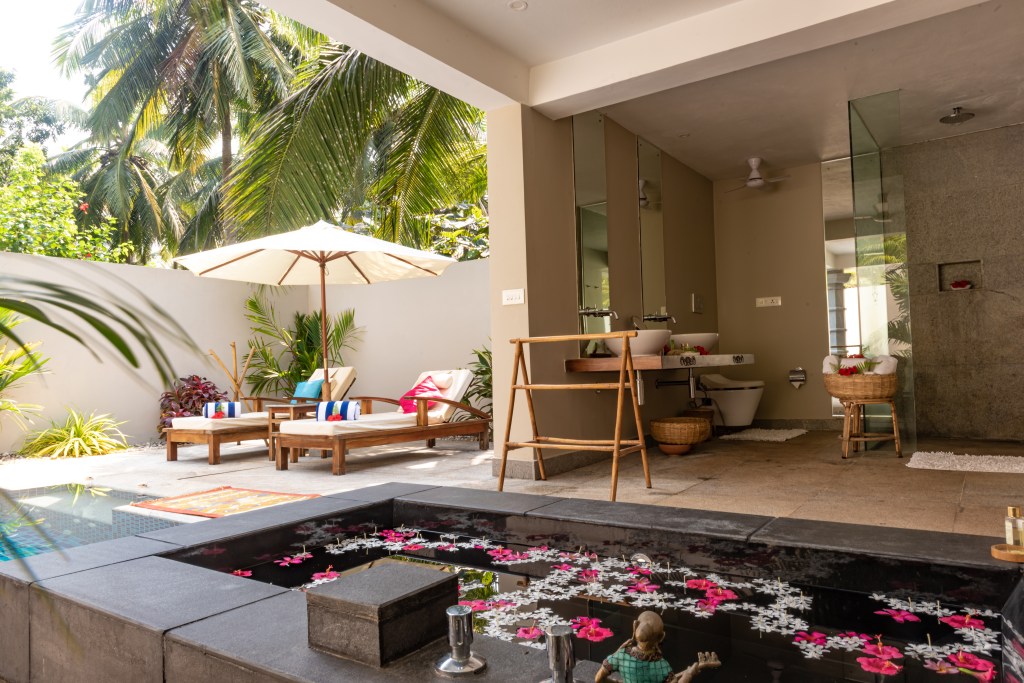
This is the kind of conscious travel that I can see catching on, extending beyond hashtags and hollow virtue. A gentle encouragement of good choices – and great experiences – that aren’t guilt-driven. It’s about leveraging local knowledge, sharing indigenous practices and promoting a real and lasting awareness of cultural factors that are different to our own. Our final stop was technically a “resort,” bringing these ideas to life better than most.
A four-hour drive inland took us to Coorg, the coffee capital of the country, also known as Kodagu. A hill station in the Western Ghats of Karnataka, India, people call it the “Scotland of India” (less whiskey, more elephant sanctuaries). It’s a biodiversity hotspot, all misty hills and gushing rivers. Evolve Back spans a 300-acre coffee and spice plantation in Chikkana Halli Estate, steeped in the lore of the land. Driving onto the property felt spiritual, with surrounding mountains and thick forests acting as a barrier to cultural change over the centuries. Evolve Back’s MO is to preserve the rich traditions of the Kodavas, the distinct ethnic group native to this immediately special place.
“Don’t come walking or running here ever, OK?” Prasanth warned. “The elephants, they will come out in the evening and they will charge. But it’s dangerous any time of day. You love coffee? So do the elephants. They’re fast!”
Instead of facing down caffeinated giants, my friend and I sank into sun loungers outside our Lily Pool cottage. Endless green views framed the sit-out bathed in sunshine, mist curling from a small dipping pool. We ambled over to Story Corner, a thatched area tucked away near a riverside reading lounge stacked with beautiful books. By lamplight, descendants of the Kodava tribe whispered tales from elders seldom shared in books or online. We learned that women are highly valued in their community, though patriarchy still reigns. Festivals and events celebrate nature, and it’s believed that ancestral spirits linger on Earth, communicated with and honoured via various rituals and practices.
“The women drink here. We offer our Gods meat and liquor.”
Inspired to connect more meaningfully with the land, we took early morning boat rides, watched lemon birds through borrowed binoculars, and cycled between villages, pausing often for glasses of Indian wine. Evenings brought impressive meals made with exceptional local ingredients: akki roti crafted from Coorg’s native rice, and sugar-dusted fennel seeds.
After three days of serenity, we found ourselves missing Prasanth’s effusive commentary – our bittersweet reunion marked the final leg of our journey. For half a month, he’d proudly driven us across his home state, fielding endless questions. We joked he’d be relieved to see the back of us. Not at all, he insisted, leaving us with a final nugget of wisdom:
“Take care of yourselves. Enjoy life. Remember, all good things are illegal, immoral or fattening!”
Two weeks in Kerala had quietly suggested otherwise.
A 15-day trip to India with Audley Travel costs from $6,340 per person (based on two traveling), and includes stays at two of Audley’s growing portfolio of properties certified as “Responsible Choice” – showcasing those going above the norm supporting local communities and education, and promoting conservation and environmental efforts. The price includes transfers, accommodations (on a full-board basis in Muvattupuzha, Palakkad and Amaryllis, half-board in Coorg and B&B in Neeleshwar, Kumarakom, Cochin and Mysore) and excursions in Cochin and Mysore. 855 435 1768 / www.audleytravel.com/us/india



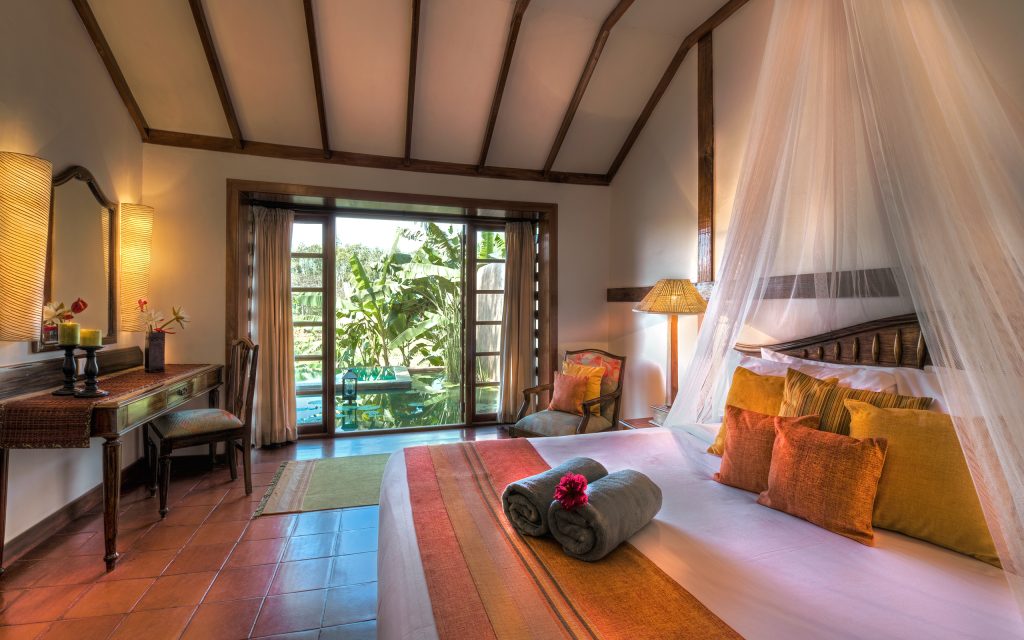









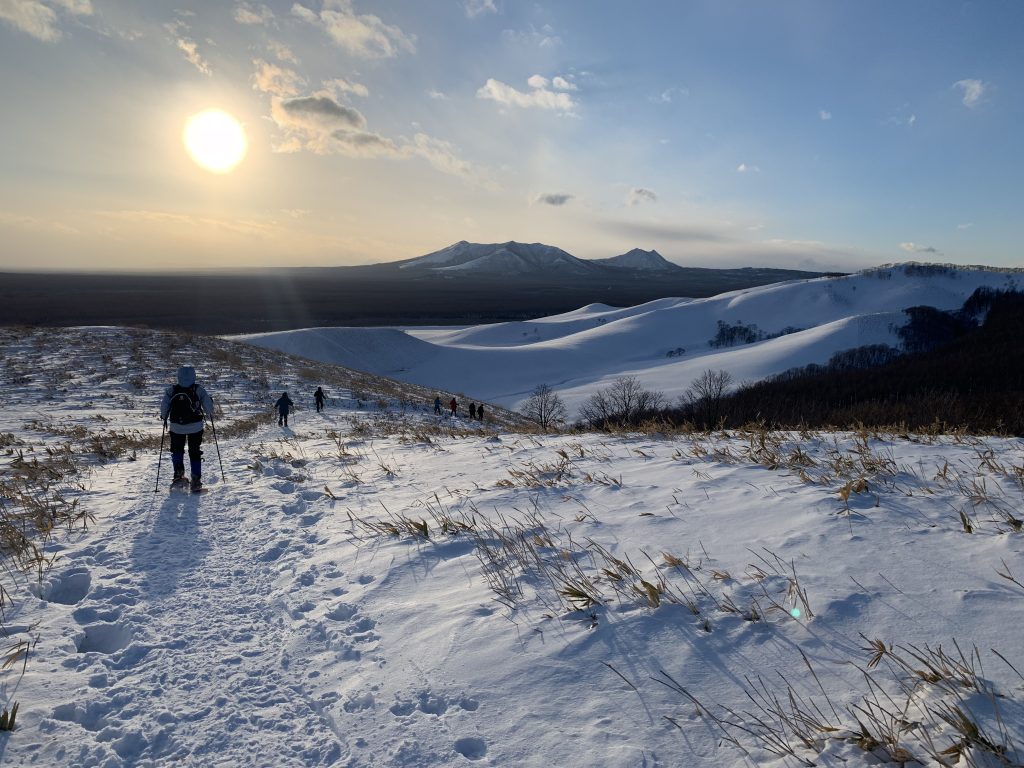
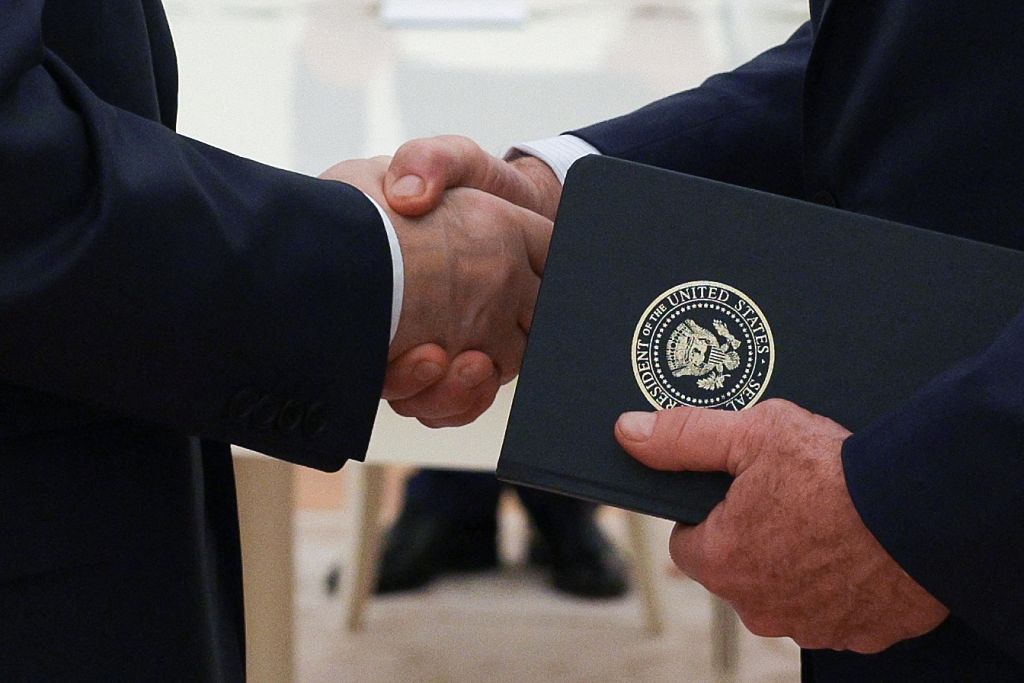


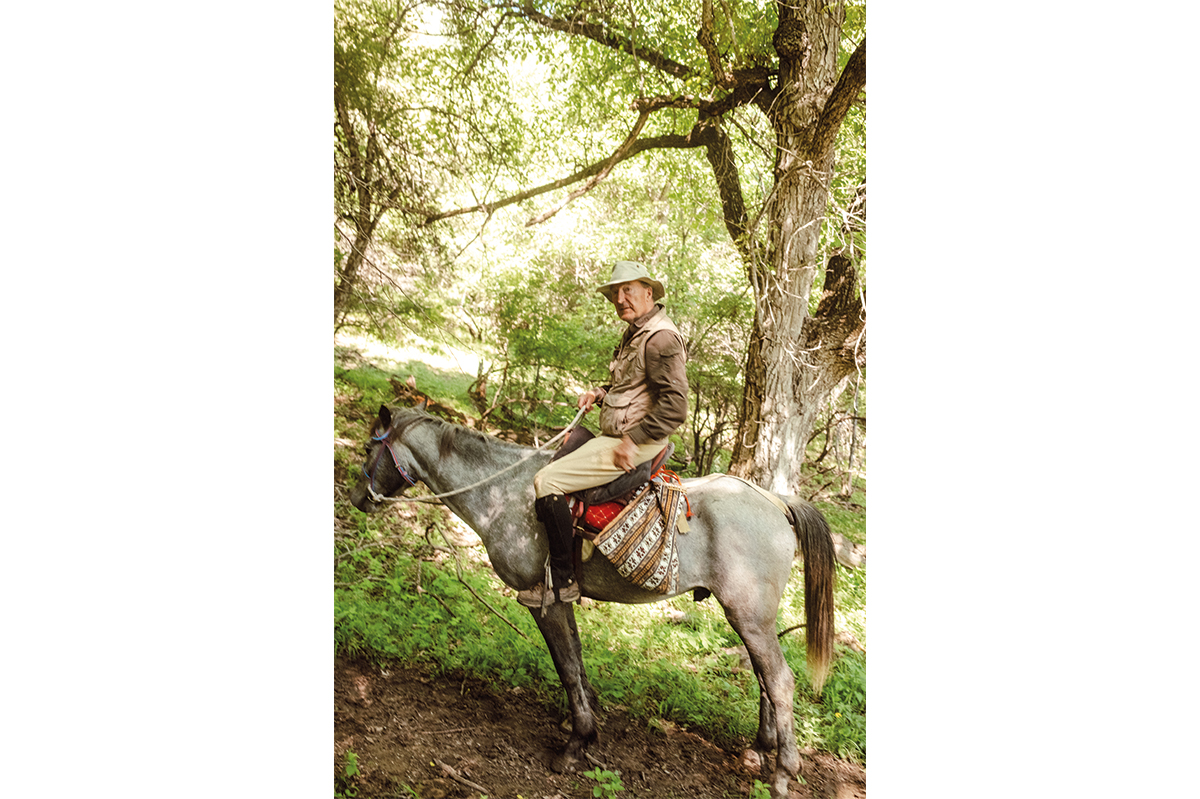








Leave a Reply